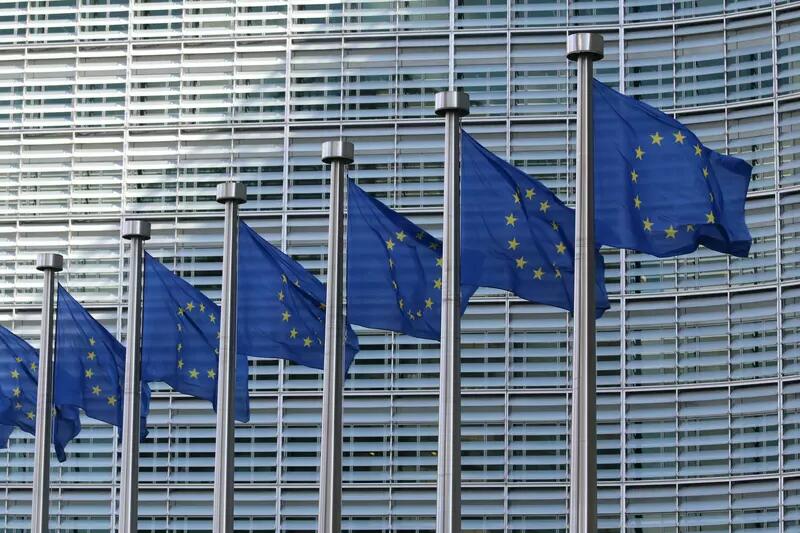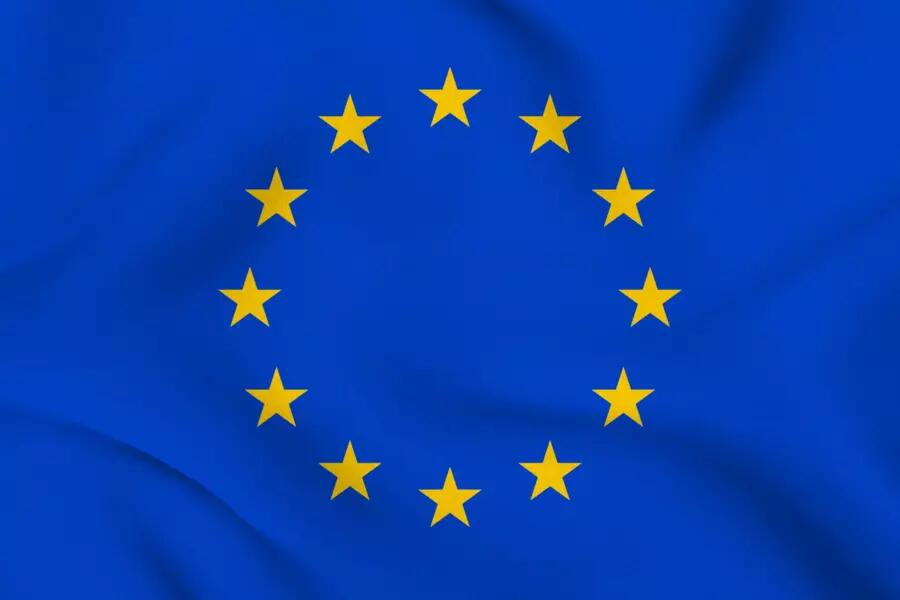
Are you an undergraduate student interested in the history, culture, politics, languages, and geography of Europe, Russia, and Eurasia?
Do you want to understand the role of the European Union? Would you like to join a tight-knit academy community with opportunities for hands-on experiences, small class sizes, international opportunities, and language learning? Enhance your undergraduate experience with European Affairs – offered either as a Major or a Minor program.
Why study European Affairs?
I had the privilege of connecting with faculty in meaningful ways and attending events which are tailored to my program and interests.- Arina Dmitrenko, alumna
I learned to observe European affairs through a variety of lenses and made friends within the tight-knit community- Ericsson Sing, alumnus
European Affairs Major Program
European Affairs Minor Program
Enrolment & prerequisites
Financial aid
FAQs

One of the highlights of the program is The European Studies Students’ Association (ESSA) — a great way to get involved and meet people. ESSA offers a variety of activities throughout the year and publishes an annual journal Messages in the Media.


QUESTIONS ABOUT THE EUROPEAN AFFAIRS UNDERGRADUATE PROGRAM?
TANYAA MEHTA
CEES Events and Program Coordinator
cees.undergraduate@utoronto.ca
PROFESSOR ROBERT AUSTIN
Undergraduate Academic Coordinator
